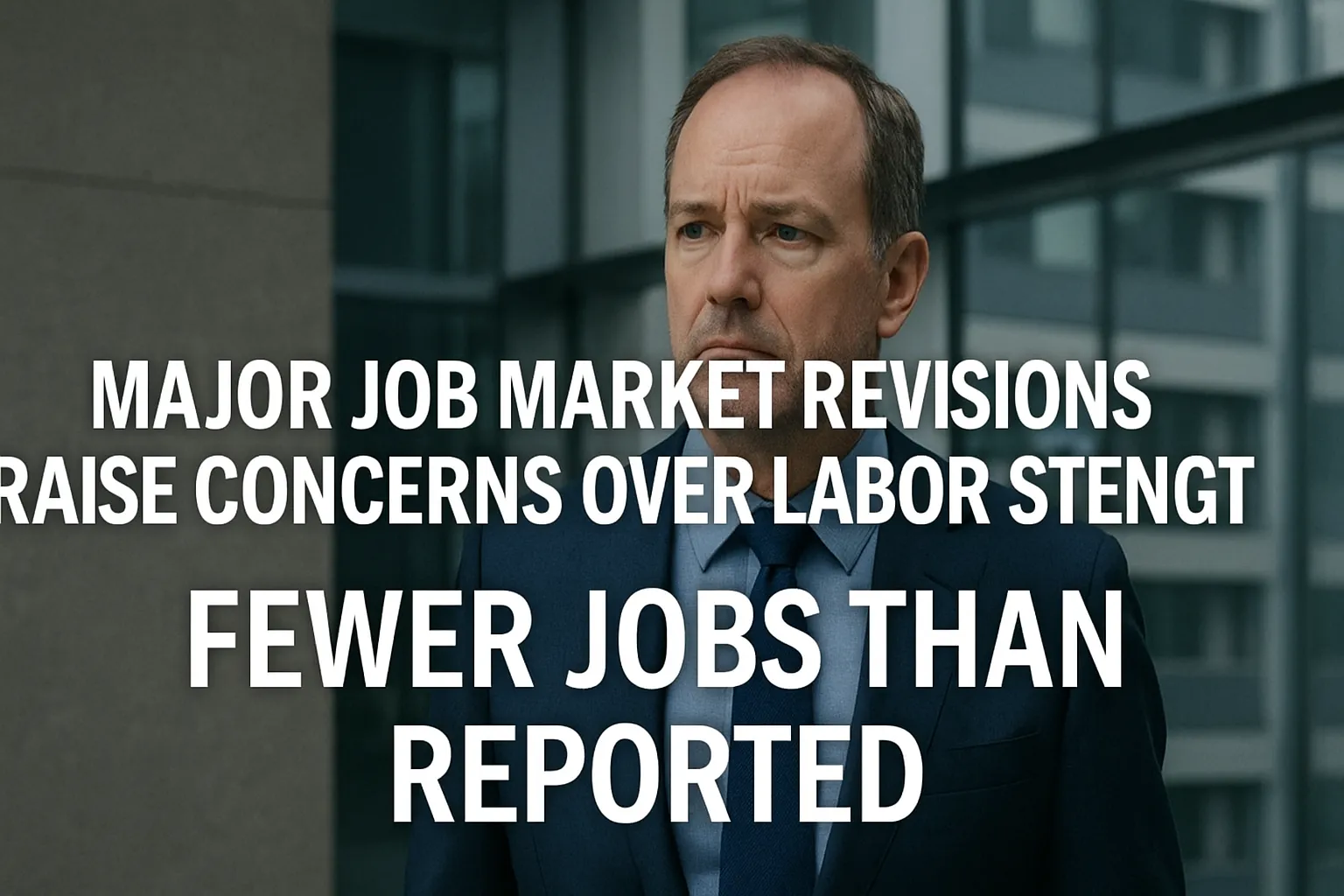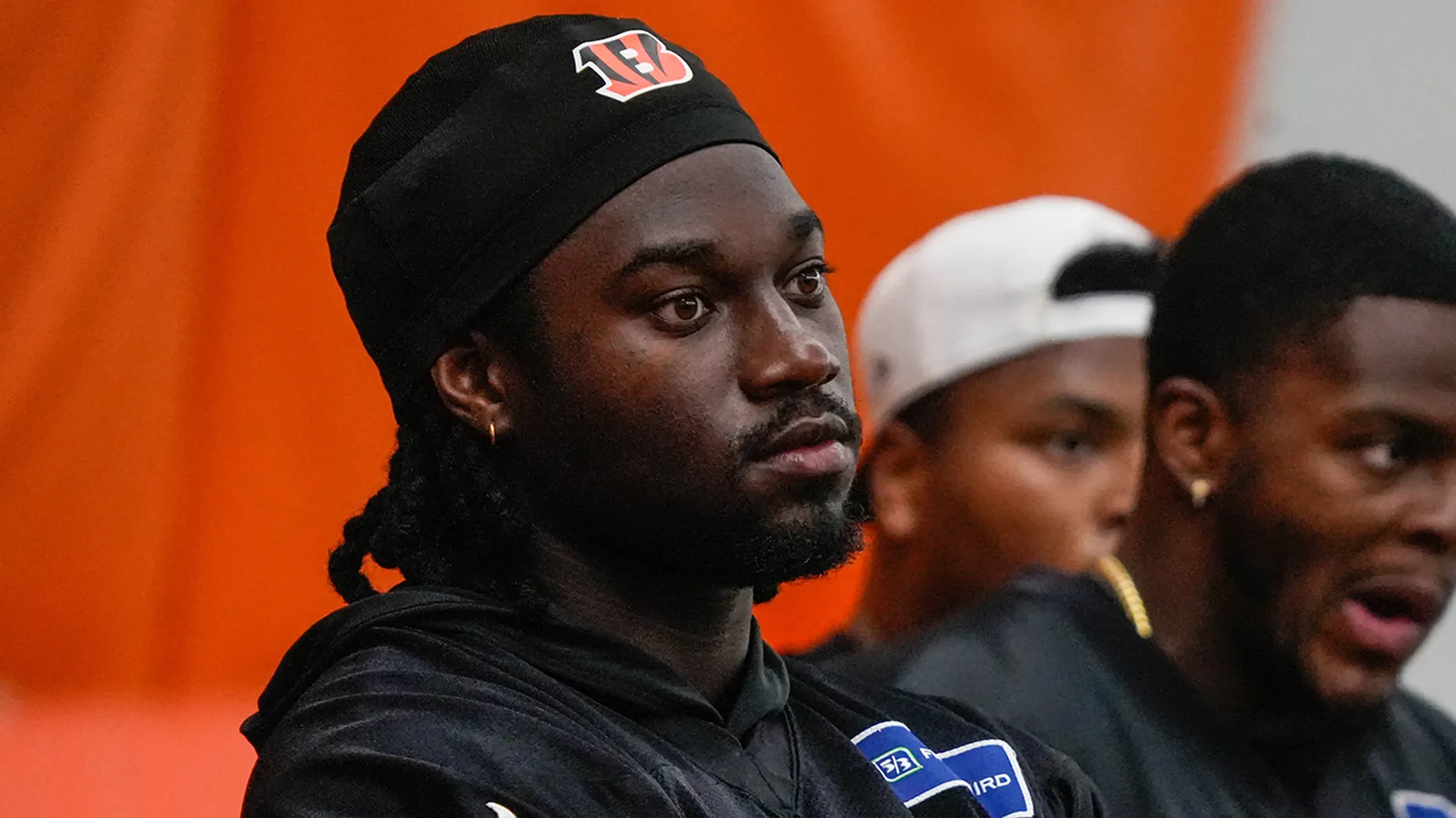Top A.I. Talent Now Commanding $250 Million Deals—Rivaling NBA Salaries
31.07.2025
A.I. Talent Now Commands NBA-Level Salaries as Big Tech Battles for Brains
A New Era of High-Stakes Tech Recruiting
Artificial intelligence researchers are now negotiating job offers like professional athletes. Think Steph Curry or LeBron James—only in the world of high-tech. Instead of team agents, these A.I. engineers are relying on tight-knit peer networks and backchannel discussions to drive up their value, pushing tech giants to compete with massive pay packages.
One such case unfolded this summer when Mark Zuckerberg, CEO of Meta, personally reached out to Matt Deitke, a 24-year-old A.I. researcher and co-founder of a promising start-up. Despite Meta’s initial offer of $125 million in cash and stock over four years, Deitke declined, committed to building his own venture.
From Start-Up Founder to Nine-Figure Recruit
But Meta wasn’t ready to give up. Zuckerberg later met with Deitke in person and returned with a staggering counteroffer: $250 million over four years, with up to $100 million payable in the first year. After consulting with friends and colleagues, Deitke finally accepted the deal, highlighting the surreal escalation of salaries in the A.I. field.
The compensation war among A.I. companies—Meta, OpenAI, Google, and Microsoft—is intensifying. With no salary cap in sight, tech firms are offering NBA-sized deals to researchers in their 20s. By comparison, Steph Curry’s most recent four-year NBA contract is said to be $35 million less than Deitke’s Meta agreement.
Social Media Hype Mirrors Pro Sports Culture
The recruiting frenzy has started to resemble sports trade season. TBPN, a tech business podcast, has begun posting graphics styled after ESPN’s trade alerts to announce high-profile hires. Microsoft’s recent acquisition of over 20 DeepMind researchers, for example, was presented as a headline-making “free agent grab.”
TBPN co-host Jordi Hays said the drama has captivated the tech world much like sports does for casual fans. “It’s the same excitement: personalities, moves, rivalries—it just happens in A.I. now.”
Zuckerberg’s Big Bet on Superintelligence
Zuckerberg has publicly committed to investing heavily in A.I. talent, stating that Meta’s future hinges on developing “superintelligence”—an advanced form of A.I. that could surpass human capabilities. In his words, it’s not just a business goal, but the dawn of “a new era of individual empowerment.”
To attract top minds, Meta is reportedly offering more than just cash. Recruits have been promised vast amounts of computing power—such as access to 30,000 GPUs—which are essential for training large A.I. models.

Inside the A.I. Gold Rush
Meta’s recruiting strategy is partly based on “the List”—a confidential roster of elite A.I. researchers with Ph.D.s, big-name lab experience, and notable contributions to the field. Within private Slack and Discord groups, some of these researchers share offer details and seek advice from peers to negotiate even better terms.
Team loyalty plays a role too. Researchers often attempt to bring close colleagues with them after accepting new roles, reinforcing the “team sport” vibe in this modern tech landscape.
Rising Salaries Cause Industry Friction
The hiring frenzy has rattled competitors. At OpenAI, leadership has reportedly revised compensation policies to better retain staff. Employees are now encouraged to speak with company executives before accepting outside offers. “Are we countering? Yes,” said Chief Research Officer Mark Chen during a recent company meeting. But OpenAI hasn’t matched Meta’s jaw-dropping figures, instead appealing to candidates’ belief in its long-term vision.
Still, not every researcher is swayed by Zuckerberg’s sales pitch. Some have reportedly declined Meta offers due to uncertainty about the company’s A.I. strategy compared to clearer roadmaps at rival firms.
Deitke’s Journey from Grad Student to Tech Star
Before his high-profile recruitment, Deitke dropped out of a Ph.D. program at the University of Washington. He had worked at the Allen Institute for A.I., where he helped build Molmo, a chatbot capable of handling images, audio, and text. In November, he co-founded Vercept, a start-up focused on creating A.I. agents that can autonomously use tools across the web.
Backed by $16.5 million in early funding from investors like former Google CEO Eric Schmidt, Vercept quickly gained attention. But the Meta deal ultimately won out. After Deitke accepted, Vercept’s CEO joked on social media: “We look forward to joining Matt on his private island next year.”
No Signs of Slowing Down
The A.I. recruiting war is unlikely to cool off anytime soon. With computing power, compensation, and prestige on the line, Big Tech continues to spend billions in pursuit of a competitive edge. As these companies race to build the next generation of intelligent systems, it’s clear that elite A.I. minds have become the league’s new MVPs—only their court is made of code.





